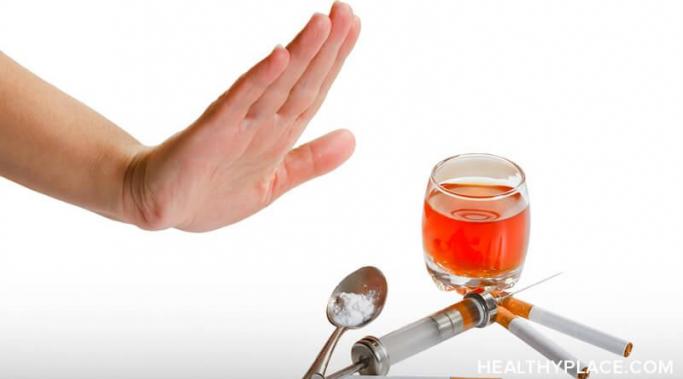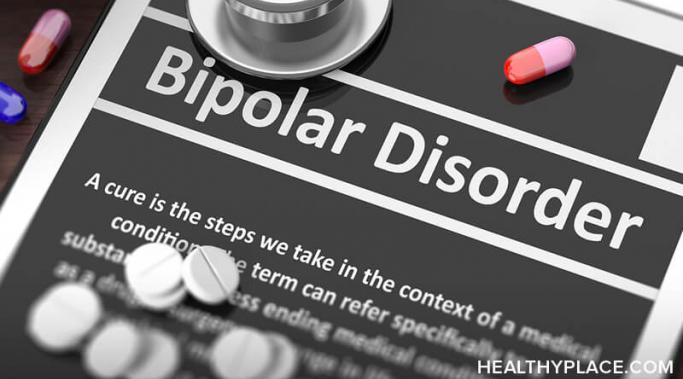While suicidality is often driven, at least in part, by lifestyle factors, a person with a good life can still be suicidal. This doesn't make sense to many people. How can someone with an objectively good life feel like they want to die? The answer to that is simple and complex. A person with a good life can be suicidal because of the brain.
Understanding Mental Illness
Dating with an invisible illness has its pitfalls. When do you tell someone about your illness? When do you explain the impacts your illness has on your life? How do you try to make an invisible illness visible to the person you're dating? My own forays into the dating pool have been making me think about just these questions.
If you're a single person with bipolar disorder, surviving can be hard. Last time I outlined why this is in a piece about being alone with bipolar disorder, but this time, I'm focusing on successfully dealing with being a single person with bipolar disorder.
I live alone with bipolar disorder, and recently, someone asked me how I do it. I have rarely thought about such a thing as we all just work with the life with have, but let's talk about how I survive as a person living alone with bipolar disorder.
Dating and depression don't mix very well. When you feel terrible about yourself because of depression, it's not the best time to meet new people and try to develop healthy connections. But if your depression is longstanding, does that mean you shouldn't date? Can you successfully date while depressed?
I've been writing about bipolar for 20 years. Yes, this is my 20th anniversary. And since 2000, I have been writing about bipolar disorder professionally. I suppose that means I'm old. It also means that I have written a lot. I've written over 700 blog articles for HealthyPlace in the last 13 years. I've done about the same on my own blog. On top of those 1400 posts, I've written hundreds and hundreds of articles on the main part of HealthyPlace and elsewhere (not all about bipolar disorder). The grand total is unknown, but it's at least 2000, anyway. And the question I get asked a lot is, how can you write about bipolar disorder so much? How can you do that for 20 years?
At this time of year, we might think about how to change various aspects of our lives. We might want to change our looks, habits, or many other things. These changes are often expressed in the form of new year's resolutions. And as most of us have witnessed, new year's resolutions rarely last past the year being new. I think this, in part, is because we don't think about how to change and what's required to change. And in many cases, change begins with one simple idea: not changing has to be more painful than changing.
The word "neurodivergent" is flung around social media and is now very politically correct. For example, it's supposedly okay to call a person "neurodivergent," whereas calling them "mentally ill" will get you social media-canceled. But if people insist on using the term neurodivergent, then let's at least know what it means and how to use it properly.
I'm tired of explaining bipolar disorder to people. I realize this is a terrible sentiment to one who actually does this for a living, but it's one I've found myself thinking about at times. In some respects, explaining bipolar disorder and mental illness in general to people is extremely rewarding; in other ways, though, it's just a slog. Having the same conversation over and over again about mental illness with someone who has no clue is exhausting.
In our society, people are shamed for not having a positive outlook. In fact, I just read a comment on LinkedIn that said, "Maintaining a positive outlook, ALWAYS, is so very important. Always look for that silver lining. Trust me, in the end, everything is exactly where it should be." And that sums up how many people feel about a positive outlook: it's critical, and something's wrong with you and your line of thinking if you don't have a positive outlook.









